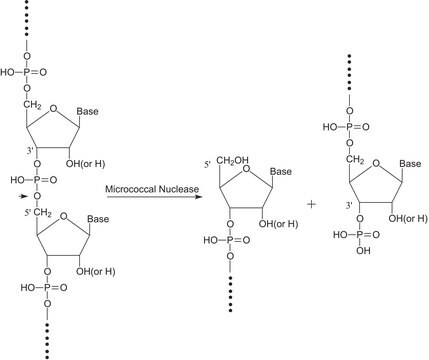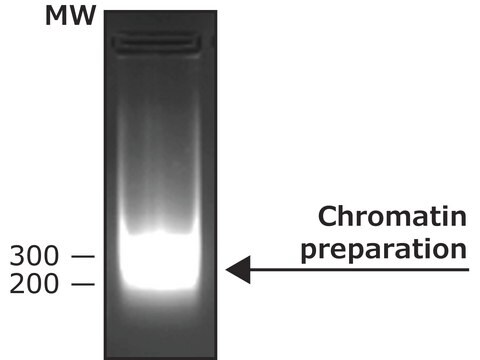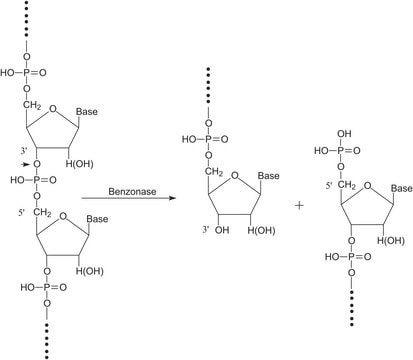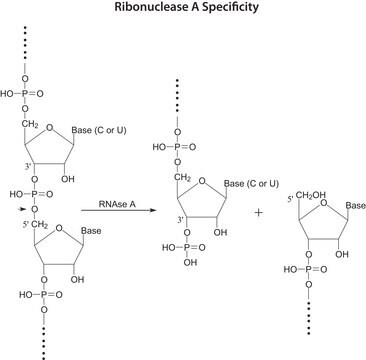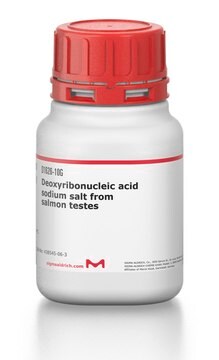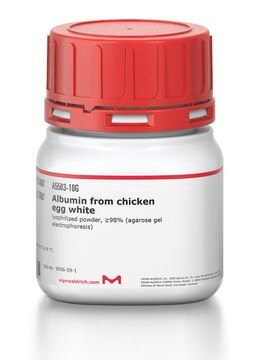N5386
Nuclease micrococcal from Staphylococcus aureus
100-300 units/mg protein
Synonym(s):
Endonuclease micrococcal, MNase, Micrococcal endonuclease
About This Item
Recommended Products
biological source
Staphylococcus aureus
Quality Level
form
powder
specific activity
100-300 units/mg protein
composition
Protein, ≥40% E1%/280 (Balance primarily sodium acetate)
technique(s)
DNA extraction: suitable
DNA purification: suitable
suitability
suitable for molecular biology
application(s)
cell analysis
storage temp.
−20°C
Gene Information
Staphylococcus aureus subsp. aureus Mu50 ... nuc(1120790)
Looking for similar products? Visit Product Comparison Guide
Application
Biochem/physiol Actions
Other Notes
Storage Class Code
11 - Combustible Solids
WGK
WGK 3
Flash Point(F)
Not applicable
Flash Point(C)
Not applicable
Personal Protective Equipment
Choose from one of the most recent versions:
Already Own This Product?
Find documentation for the products that you have recently purchased in the Document Library.
Customers Also Viewed
Our team of scientists has experience in all areas of research including Life Science, Material Science, Chemical Synthesis, Chromatography, Analytical and many others.
Contact Technical Service